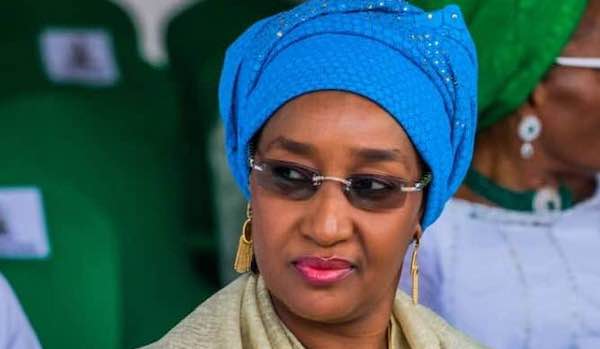News
DSS, EFCC, ICPC, others to monitor FG’s school feeding program

The Federal Government on Tuesday said it has invited the Department of State Service (DSS), Economic and Financial Crimes Commission (EFCC), the Independent Corrupt Practices Commission (ICPC), the Code of Conduct Bureau (CCB) as well as civil society and non-governmental organisations for the monitoring of the contractors engaged in the National Home Grown School Feeding Programme (NHGSFP).
The school feeding program ordered by President Muhammadu Buhari as part of the palliatives for the COVID-19 pandemic was expected to commence in Abuja on Thursday.
The Ministry of Humanitarian Affairs, Disaster Management and Social Development, revealed this in a statement on Tuesday, adding that it had set up “field personnel and monitoring teams” to move to all areas to be covered by the exercise to monitor compliance to its guidelines by people it engaged for the programme.
The ministry further explained that the programme expected to benefit a total of 3.1 million households in the country, will see the affected beneficiaries receive uncooked food items that have been assessed and approved by nutrition experts as adequate for the benefiting children.
It also disclosed that over 6,000 schools will serve as distribution centres for clusters of communities except in some states with unique security and safety issues where other structures will be used.
According to the ministry, parents or caregivers of beneficiaries will collect what it called “Take-Home Rations” on behalf of the 3,131,971 households to be impacted by the intervention programme.
It further explained that following the technical partnership it had with the World Food Programme, “a joint document on ‘Safe Distributions during COVID-19’ has been developed and will be shared with the state governments before implementation.
“Because safety remains a collective responsibility, the ministry has also incorporated rapid sensitisation into all phases of this model, so that people are equipped with the knowledge they need to stay safe and maintain social distancing while accessing and delivering this service,” it said.
Read also: Nigerian govt enrolls Lagos, FCT, Ogun, 3 others for WHO COVID-19 clinical trials
The ministry further stated: “Each household will receive a Take-Home Ration valued at N4,200 and made up of 5 kg Bag of Rice, 5 kg Bag of Beans, 500 ml Vegetable Oil, 750 ml Palm Oil, 500 mg Salt, 15 pcs of eggs, 140gm tomato paste.
“These rations have been reviewed by nutrition experts to ascertain the nutritional value and benefit to the children,” it said, adding that; “The Ministry is also deploying resources to provide oversight for these processes to ensure equity and accountability.
“Field personnel and monitoring teams have been set up and are ready to move. As an extra layer of monitoring, the ministry has requested other agencies of government including the DSS, EFCC, ICPC, Code of Conduct Bureau and a host of NGOs and CSOs to help monitor.
“The Ministry’s hotlines will be made available to the public to provide accurate information and for grievance redress.
“While the intervention is primarily for school children currently enrolled on the programme, the ministry has also been engaging partners and other agencies to explore options for those children who are not current beneficiaries.”
Join the conversation
Support Ripples Nigeria, hold up solutions journalism
Balanced, fearless journalism driven by data comes at huge financial costs.
As a media platform, we hold leadership accountable and will not trade the right to press freedom and free speech for a piece of cake.
If you like what we do, and are ready to uphold solutions journalism, kindly donate to the Ripples Nigeria cause.
Your support would help to ensure that citizens and institutions continue to have free access to credible and reliable information for societal development.
























